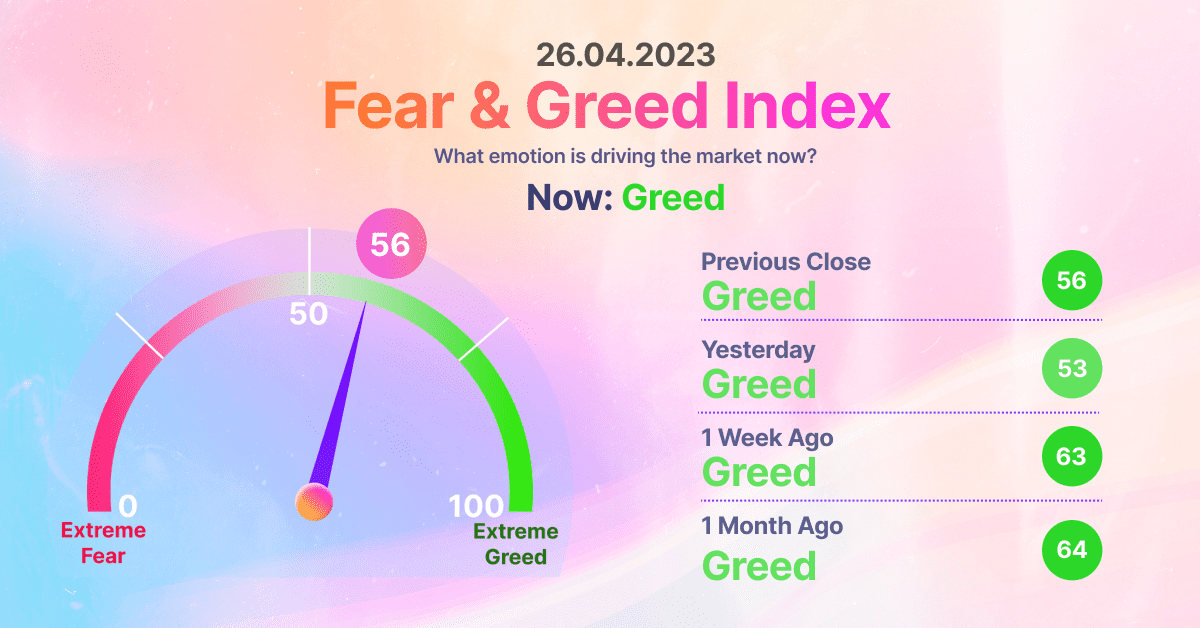Binance US cancels Voyager deal; Google Cloud expands Web3 startup program with 11 blockchain firms; DEX activity spikes with the popularization of memecoins.
Binance US, the US arm of the world’s largest cryptocurrency exchange Binance, has canceled the Voyager Digital deal.
The announcement was made on the Twitter account of bankrupt crypto lender Voyager Digital.
After Voyager Digital’s bankruptcy, who would buy the company’s assets was on the agenda for a long time, and as a result, an agreement was reached with the FTX exchange. However, the major collapse of FTX in November caused the deal to be canceled.
With the cancellation of the deal, Voyager signed with Binance US this time. However, with the intervention of the regulators, various problems arose with this agreement.
Voyager Digital, in a statement on Twitter, included the following statements:
“Today, we received a letter from Binance US that the contract to purchase the assets has been terminated. While this development is disappointing, our Chapter 11 plan allows direct distribution of cash and cryptocurrencies to customers through the Voyager platform.
We will act quickly to deliver assets to customers through direct distribution, in accordance with plan. We will provide more information in the coming days regarding next steps and actions customers need to take.”
The committee of creditors involved in the Voyager case also said they were disappointed by the situation. The committee used the following statements on Twitter:
“Binance US claimed about 2 hours ago that its acquisition agreement with Voyager was terminated. We are incredibly disappointed by this decision”
Binance US also made the following statements in a statement on the subject:
“Binance US has made a difficult decision by terminating its acquisition agreement with Voyager.
While our hope throughout the process is to help Voyager customers’ crypto assets alike, the hostile and uncertain regulatory environment in the US has brought an unpredictable work environment that has impacted the entire American business community.”
Google Cloud expands Web3 startup program with 11 blockchain firms
Technology company Alphabet has expanded its Google for Startups Cloud Program.
As of April 25, Web3 companies such as Alchemy, Aptos, Base, Celo, Flow, Hedera, Nansen, Near, Polygon, Solana and Thirdweb joined the program. Blockchain analytics firm Nansen also announced that it has partnered with Google Cloud to provide real-time blockchain data for startups.
Currently, there are two product bundles for Google Cloud’s web3 startups, separated by firm funding. Pre-seed companies will have the opportunity to receive Google Cloud credits of up to $2,000 valid for two years with access to events such as Paris Blockchain Week, Consensus and TOKEN2049 Singapore that Google will attend.
However, Web3 projects including Aptos, Celo, Flow, HBAR Foundation, Near and Solana Foundation will provide grants of up to $1 million to such companies.
These companies can also access up to $3 million in financing from Polygon Ventures.
Nansen co-founder and CEO Alex Svanevik stated that thanks to the partnership with Google Cloud, they are able to provide real-time resources to equalize the crypto space.
DEX activity spikes with the popularization of memecoins
The popularity of Memecoins has positively impacted decentralized exchanges.
Ethereum-based DEXs have experienced a significant increase in trading volume with the growing interest in memecoins.
On April 19, the number of unique traders on Ethereum-based decentralized exchanges reached 72,000. This is a statistic that has not been available since the end of 2021.
Increasing interest in Memecoins
Interest in Memecoins has increased recently. The PEPE token, in particular, has witnessed a huge spike in a short period of time, rising 266 times in just four days. The dev team has succeeded in embedding PEPE among the popular memecoins.
Interest in Memecoins has since dropped, causing MEV bots to kick in. These bots allow manipulation of the order of transactions. According to a data analyst, the activities of inexperienced traders turned out to be in favor of MEV bots.
The surge in trading activity on DEXs made Ethereum gas fees drop to 73 gwei on April 19. It has now dropped to about 43 gwei.
Decline in NFTs
While the number of traders operating on DEXs has increased, the opposite has happened in the NFT markets. The number of NFT traders hit the lowest level since July 2021.
Another data analyst, Rebecca Stevens, pointed out that there is a slowdown in the NFT market in general, and stated that Starbucks could not sell its NFT collection.


